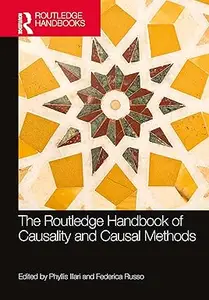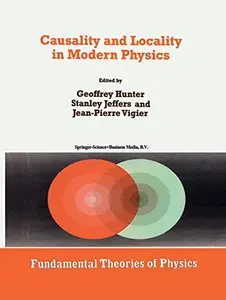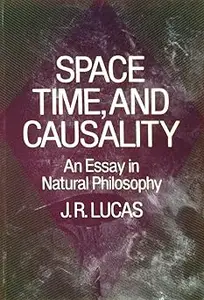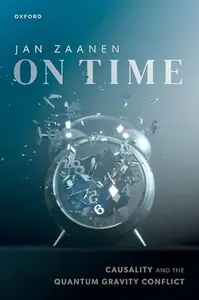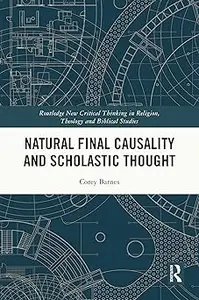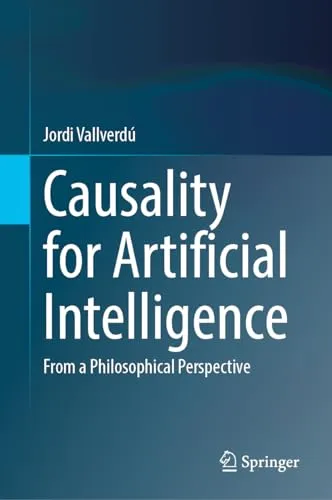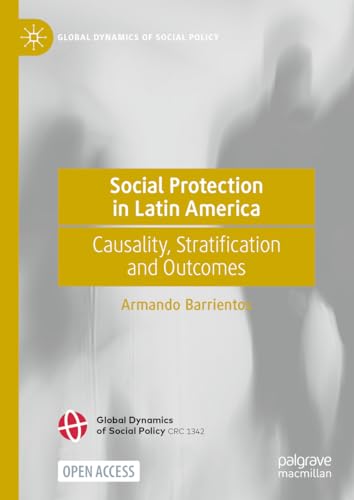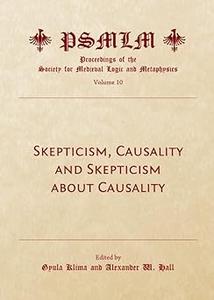 Free Download Gyula Klima, "Skepticism, Causality and Skepticism about Causality Volume 10: Proceedings of the Society for Medieval Logic and Metaph"
Free Download Gyula Klima, "Skepticism, Causality and Skepticism about Causality Volume 10: Proceedings of the Society for Medieval Logic and Metaph"
English | ISBN: 144384330X | 2013 | 90 pages | PDF | 841 KB
Skepticism, Causality and Skepticism about Causality studies the interrelated themes of causality and skepticism in contemporary, early modern and medieval philosophy. Thomas Aquinas’ celebrated proofs of the existence of God (the Five Ways of the Summa Theologica) rely in part on an Aristotelian notion of synchronous causality wherein that things exist and persist requires an accounting that ultimately terminates in the ongoing activity of a first mover, as the existence and persistence of an ecosystem is traceable to the sun. By contrast, in David Hume’s early modern account causality consists in the regularity of successive events (a rolling billiard ball’s colliding with a stationary one is always followed by the movement of the latter). Moreover, Newtonian and Einsteinian accounts respectively suggest that motion, once initiated, requires no explanation. In light of these developments, the first set of essays re-evaluates the Aristotelian paradigm and its relation to modern science, contending that in some fields (such as ecology, thermodynamics or information theory) contemporary science still preserves some intuitions about causality that support Aquinas’ deliberations. Hume’s skepticism about causality is heir to late medieval and early modern development that transformed not only the notion of causality in general, but also the idea of the causal connections between our cognitive faculties, God, and the world in particular, giving rise to extreme, solipsistic forms of skepticism, such as Descartes’ Demon skepticism. The second set of essays considers whether Aquinas’ thought would be susceptible in some ways to this form of skepticism and what motivated just a couple of generations later the turn to epistemology already involving this sort of skepticism.
(more…)
